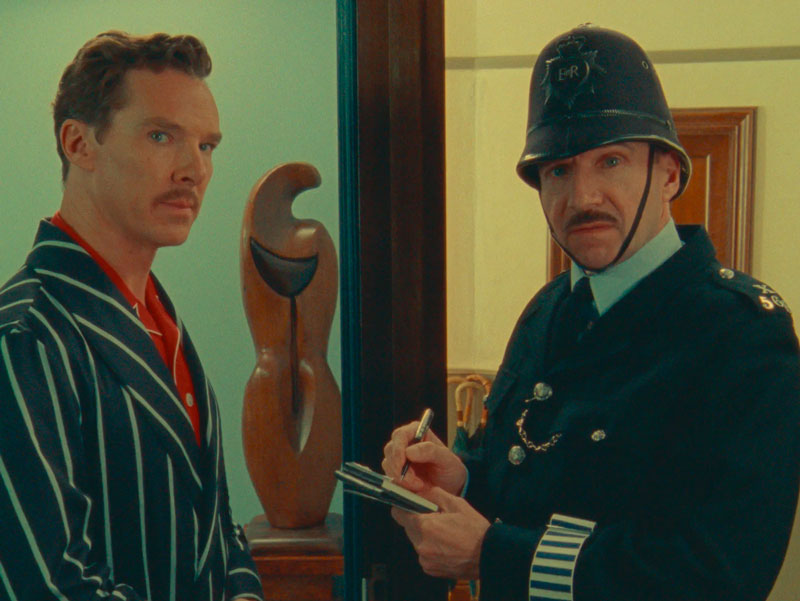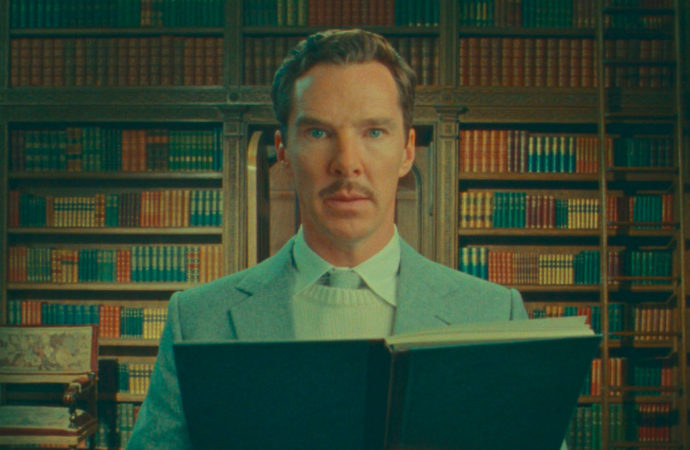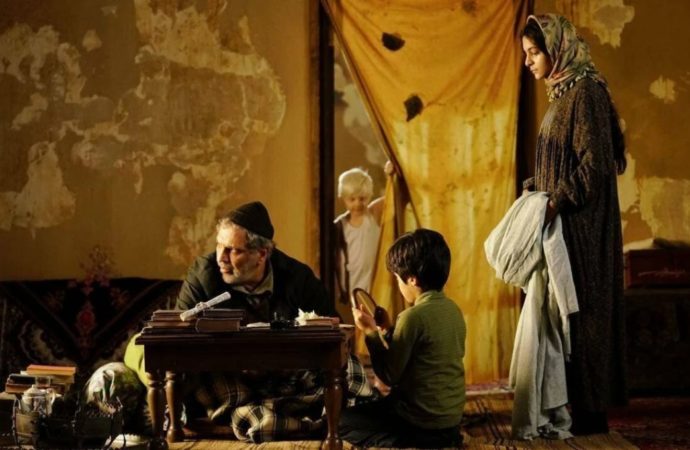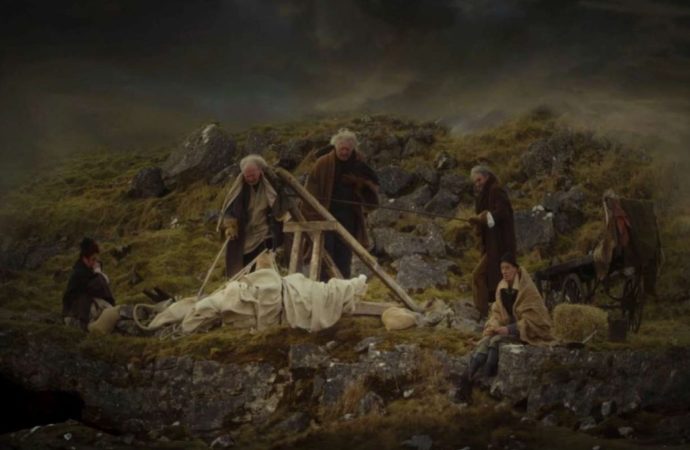As part of a series of short films and a medium-length film produced by Netflix, Wes Anderson directs The Wonderful Story of Henry Sugar, which premiered at the 80th Venice Film Festival. The film, which has a running time of 37′, once again adapts a Roald Dahl story, after the excellent work he did with Fantastic Mr. Fox. Anderson subtly condenses his narrative talent, whose stylization and result surpass his last feature film premiered at the last Cannes Film Festival, Asteroid City, whose hollow mannerism we found disappointing.
The story starring Henry Sugar is, by contrast, a narrative exercise that distills what viewers either revere or hate about the style of the director of The Grand Budapest Hotel. Here, stylistic and, above all, graphic devices happily serve their purpose, rather than becoming distracting and show-stealing distractors in their own right, as in previous productions.

The plot of the story is based on extra-ocular vision, i.e. the ability to see without using one’s eyes, a concept of vision for which no single explanation has yet been given. The hypotheses about the ability to read, draw, etc. with the eyes closed are diverse, but what those who have studied it agree on is that it is an intuitive ability, which can be activated by children up to the age of twelve. It also requires daily and constant practice, as it is an ability that diminishes with age. The magic and oriental mystery surrounding The Wonderful Story of Henry Sugar is therefore a wrapper on a real basis, and one that relates to children or young adults, Dahl’s main readers.
The fast-moving story is so self-consciously self-aware that it employs up to three different levels of narration. First, we have Anderson, who is the main storyteller and who adopts the original narrator, Roald Dahl (Ralph Fiennes), author of the work he is adapting, who in his own study introduces us to the story and its protagonists, who on a third level play themselves into the story. Henry Sugar (Benedict Cumberbatch) finds a book about a fascinating tale, whose author, Dr. Chatterjee (Dev Pattel), acts as first-person narrator as well as character, including descriptions and annotations in his own dialogue. In the manner of familiar chamber theatre, the actors play more than one character without detracting from the verisimilitude, an exercise that is taken to the extreme in terms of the two-dimensionality of the sets, the costumes and the visible presence of stagehands and props men who put on and take off wigs, move false backdrops and props.
Dr Chatterjee, the author of the story starring Imdad Khan (Ben Kingsley), a man with extraocular vision, ignites a spark that lights Sugar’s imagination, who plans a materialistic use of the skill he is determined to acquire with purpose and long practice. The multiple tableau so prevalent in Anderson’s films becomes here a series of Chinese boxes, in which we find a common thread, a teaching that is passed on and by which Imdad Khan earns his living, while Sugar desires it in order to enrich himself. In the end, the long-desired, hard-won skill regains the quality of a conscious, selfless gift, closing a circle and, in the process, all the layers of the narrative.
The wonderful story of Henry Sugar is a delightful showcase of how enjoyable Wes Anderson’s cinema can be, and is superbly acted by an all-male cast that dazzles throughout, with Cumberbatch capable of a particular comic flair, whose ” poker face” is an asset to the comedy.
Wes Anderson’s other short films available on Netflix are stories of grim appeal, with that disturbing Roald Dahl quality that the director captures so well. The Swan, The Rat Catcher and Poison share the capacity to fascinate, turning us into spectator-readers of two exceptional storytellers (and several actors).









No one has posted any comments yet. Be the first person!